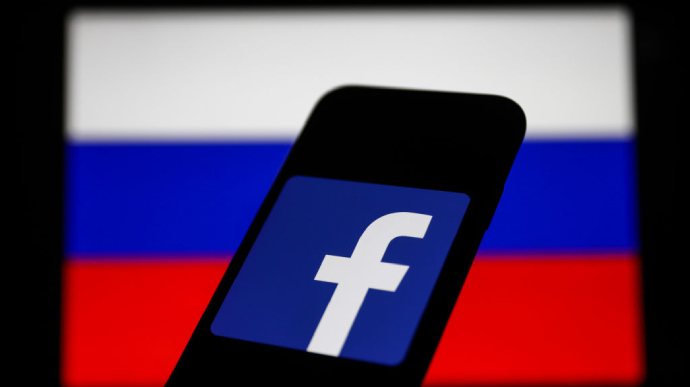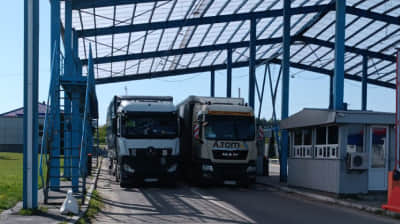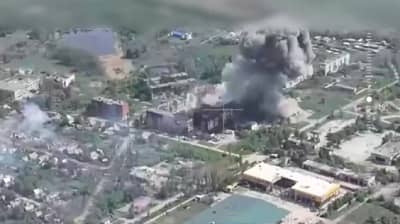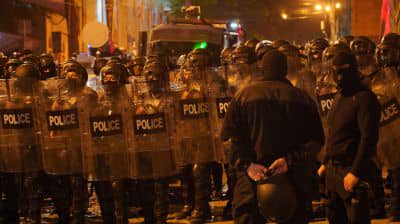The "internal" internet for Russians: Russian government plans to block sites completely

Denys Karlovsky - Sunday, 6 March 2022, 22:37
Russian authorities are contemplating the possibility of creating an "internal" internet that can completely block ordinary citizens’ access to any site in the world.
Source: ‘Meduza’, citing cyber expert Sarkis Darbinyan
Darbinyan, quote: "One should realise that it is impossible to disconnect from the global internet in an instant. It is difficult to imagine that the shutdown will be instantaneous. Technically, you can disable all the delimited transmission points, and that's it (and there’s no global internet in Russia - ed.), but it is difficult to imagine that the shutdown will be instantaneous, for economic reasons."
"The entire Russian economy is tied to the global network, and its disconnect is a much stronger hit than the sanctions currently being imposed and affecting the economy. "
Details: Government instructions on providing complete information about government web platforms and websites have already appeared online. Some experts have suggested that this may be a sign of preparations for the introduction of an "internal" closed internet space for Russians citizens.
The expert believes that the probability of disconnection is now about 50%, but he does not dismiss this option entirely.
If an internal or "sovereign" internet is implemented, all databases of domain names will be copied to the national database through the national domains ‘.rf’ and ‘.ru’. Roskomnadzor will then fully control the entire server infrastructure.
Accordingly, if a certain external site is added to the register of prohibited resources, then providers will block direct access to the site, and a VPN will not help.
Darbinyan warns that in that case, Russians will be in "digital darkness" and will be forced to look for other ways to communicate than the internet.
However, he suggested that the emergence of government instructions could be a response to the recent cyberattacks by Anonymous hackers on government websites and Russian state media. In particular, the government instructions ask to establish a two-factor identification to potentially make it possible to block resources.
Background:
Anonymous declared cyberwarfare against Russian government officials, politicians and government propagandists right after the Russian full-scale war against Ukraine began.
Anonymous hacked the website of the Russian Ministry of Defence and disseminated personal data on employees of the occupying ministry.
On 26 February, hackers disabled websites of the Kremlin, Roskomnadzor, the Ministry of Defence, the Ministry of Foreign Affairs, and a number of state news agencies, and also put Ukrainian music on state television. Hackers also took down the website of the Chechen government, which supports Putin and Russia's war against Ukraine.
Russian authorities threatened Apple with heavy fines for labelling the Russian Ministry of Defence as the "Ministry of Fascism of the Russian Federation" on its user maps on 5 March. Earlier, Apple stopped selling its products in Russia and turned off the Apple Pay payment system for Russian users on 1 March.







